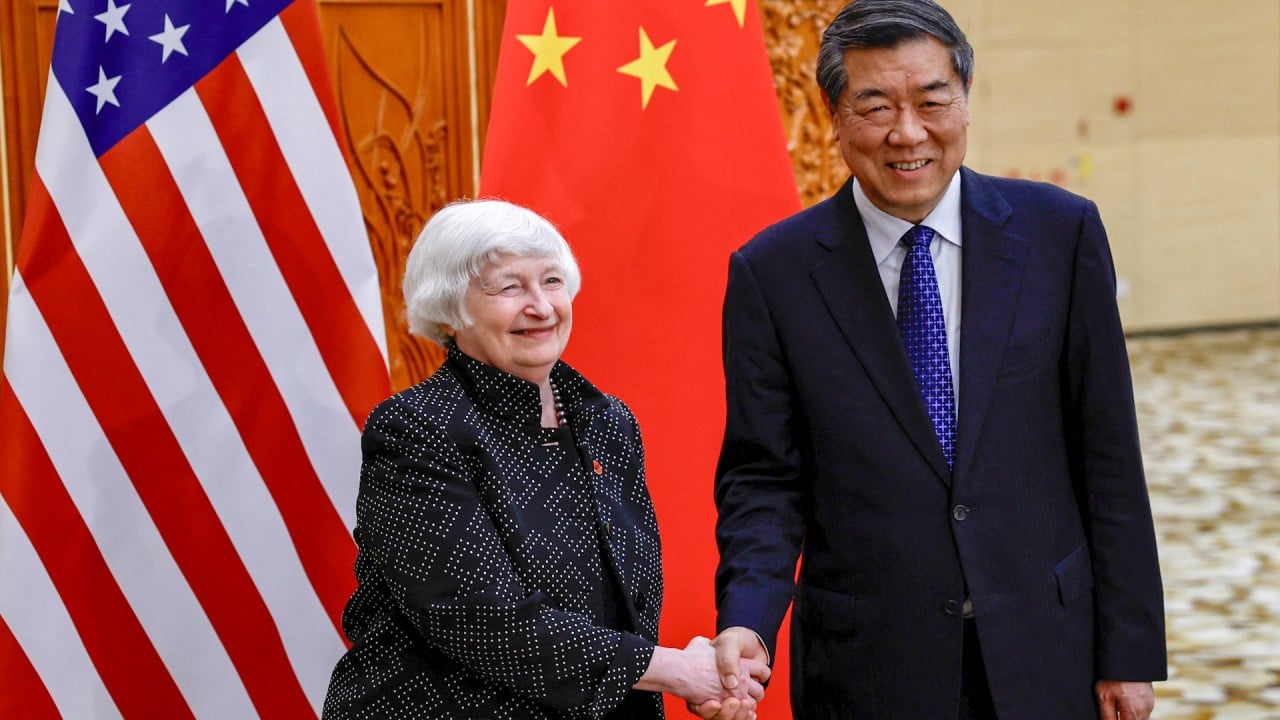Worries over security and a further delay to expected interest rate cuts by the Federal Reserve have depleted Beijing’s appetite for US Treasury bills, and its position as the second-largest foreign holder of the financial instruments could be taken by the UK in coming months, analysts warned.
The world’s second-largest economy offloaded US$22.7 billion of the bills in February, with its total holdings adding up to US$775 billion as of the end of that month, according to figures released by the US Treasury Department on Wednesday.
Japan consolidated its place as top buyer with an addition of US$16.4 billion in bills to its coffers in February for a total US$1.168 trillion of US debt, while the holdings of the United Kingdom rose to US$700.8 billion from US$691.2 billion during the same period.
“China’s overseas investment has been concentrated on US Treasuries in the past, [but] there is space for the Chinese government to further cut back its holdings in the future,” said Zhao Xijun, a finance professor at Renmin University in Beijing.
“Beijing is concerned about the impending rate reductions in the US, which will affect returns.”
Is bigger better? What’s the state of China’s US$3 trillion forex war chest?
Is bigger better? What’s the state of China’s US$3 trillion forex war chest?
The US dollar index reached a six-month high of 106 on Wednesday.
Beijing, vigilant in the protection of its overseas assets, has slashed its holdings of US Treasury bills by 25 per cent since early 2021 to the tune of US$280 billion.
Analysts said China’s moves to diversify its assets are in keeping with rapid changes to geopolitics and its erratic relations with the US.
Alicia Garcia-Herrero, chief economist for Asia-Pacific at Natixis, said further sell-offs are possible even though US Treasury Secretary Janet Yellen brought up the issue with her Chinese counterparts during an official visit earlier this month.
“I think the minute she said that the US wouldn’t take ‘anything off the table’ in response to China’s overcapacity, [Beijing] wanted to give a signal that they were serious about dumping US Treasuries,” she said.
Garcia-Herrero noted that the combined holdings of Europe and Japan are bigger than China’s, meaning the US “could mitigate the sell-off” without “a major impact”.
